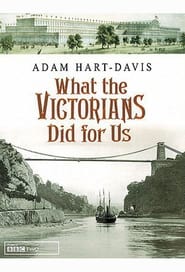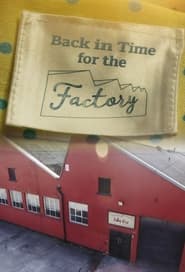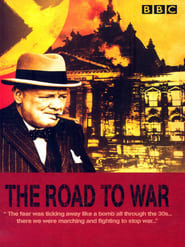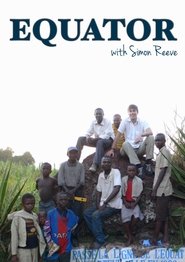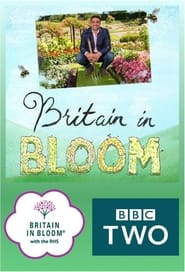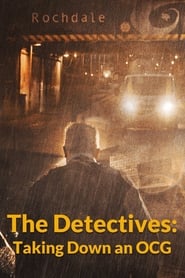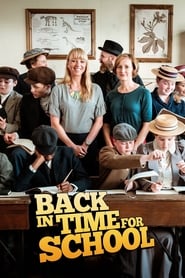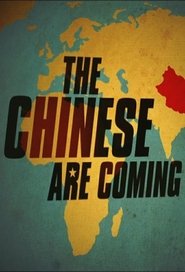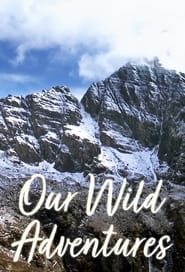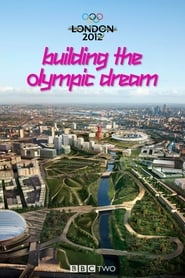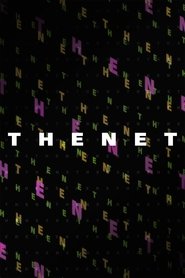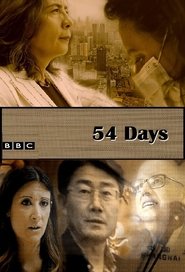Bbc Two TV Series - Page 84
-
What the Victorians Did for Us
2001
Examination of the scientific and social advances of the Victorian era, which bore the Industrial Revolution and set the standards for polite society today. -
Servants: The True Story of Life Below Stairs
2012
A century ago, 1.5 million British people worked as servants – astonishingly, more than worked in factories or farms. But while servants are often portrayed as characters in period dramas, the real stories of Britain’s servants have largely been forgotten. Presented by social historian Dr Pamela Cox – herself the great-granddaughter of servants – this three-part series uncovers the reality of servants’ lives from the Victorian era through to the Second World War. -
Back in Time for the Factory
2018
star 6A group of modern women are going back in time to the 60s, 70s and 80s to work and live through three decades of British factory life and learn how an unsung army of female workers took on the fight for equality at work and at home - how will these 21st-century women adapt to a period of rampant sexism, huge gender pay gaps and tough working conditions? -
The Road to War
1989
star 8Eight country-by-country accounts of the origins of the Second World War. -
Equator
2006
-
Earth Warp
0000
Earth Warp
0000
Earth Warp is a story produced by the BBC as part of their Look and Read programme. It originally aired between January and March in 1994. The story was 10 episodes long and focused heavily on pollution. It was shown again in its entirety in late 2009. -
A Farmer's Life For Me
2011
Couples with a dream of leaving the rat-race compete to run their very own farm in Suffolk. -
Martin Fishback
2022
Martin Fishback
2022
Comedy following the tactless Martin Fishback and his desire to become a crime writer. An awkward family meal, an incompetent police officer and the streets of Exeter prove inspirational. -
Can Gerry Robinson Fix the NHS?
2007
Businessman Sir Gerry Robinson believes any organisation can be made to run well. To prove it, he attempts to bring down waiting times at Rotherham General Hospital in six months. -
Working Lunch
1994
Working Lunch
1994
Working Lunch was a television programme broadcast on BBC Two which covered business, personal finance and consumer news between 1994 and 2010. The programme was first aired on 19 September 1994. It had a quirky, relaxed style, especially when compared to other BBC business shows such as World Business Report. In April 2010, the BBC announced that the programme was being cancelled at the end of July 2010. GMT with George Alagiah took its place in the schedule at 12:30 on BBC Two. -
Britain in Bloom
2018
Britain in Bloom
2018
Following some of the communities taking part in one of the UK's largest annual competitions - the Royal Horticultural Society's Britain in Bloom contest. -
A Gift From The Sea
1987
A Gift From The Sea
1987
Go on a stunning journey through some of our most beautiful and unique places! Discover the strange world of New Zealand's limestone areas; learn about the amazing animals that live on the sand dunes of our beaches, and explore Kapiti Island, one of our oldest wildlife sanctuaries that is refuge to some of New Zealand's most unique wildlife. -
The Detectives: Taking Down an OCG
2023
With unparalleled and intimate access, following Greater Manchester Police detectives as they try to unravel complex cases. -
Back in Time for School
2019
star 9Fifteen pupils and their teachers embark on an extraordinary time-travelling adventure as they fast-forward through more than 100 years of school life. -
The Chinese Are Coming
2011
star 6.3Justin Rowlatt investigates the spread of Chinese influence around the planet and asks what the world will be like if China overtakes America as the world's economic superpower. -
Our Wild Adventures
2021
star 10Take a trip back through the natural history archives with some of the BBC's favourite wildlife presenters, as they share a few of their most memorable wild adventures. -
Building The Olympic Dream
2009
Three-part observational documentary series charting the journey to the London 2012 Olympics. -
The Net
1994
The Net
1994
The Net was a TV series made by the BBC and shown in the mid-1990s. It ran for four series, the first of which began on 13 April 1994. The focus of the programme was primarily the Internet explosion of the time, though it also dealt with other emerging technologies and series one had a computer games review section. -
54 Days
2021
54 Days
2021
54 Days tells the story of the events that led to the COVID-19 lockdown around the world, predominately through the case studies of both China, and the US. This chilling account chronicles 54 days across both countries, during which China locked down on the origin of the virus in Wuhan, creating concerns over their control and sharing of information about the virus to its neighbours, and during which the United States made crucial decisions that would severely impact the spread of the virus in their own country.
